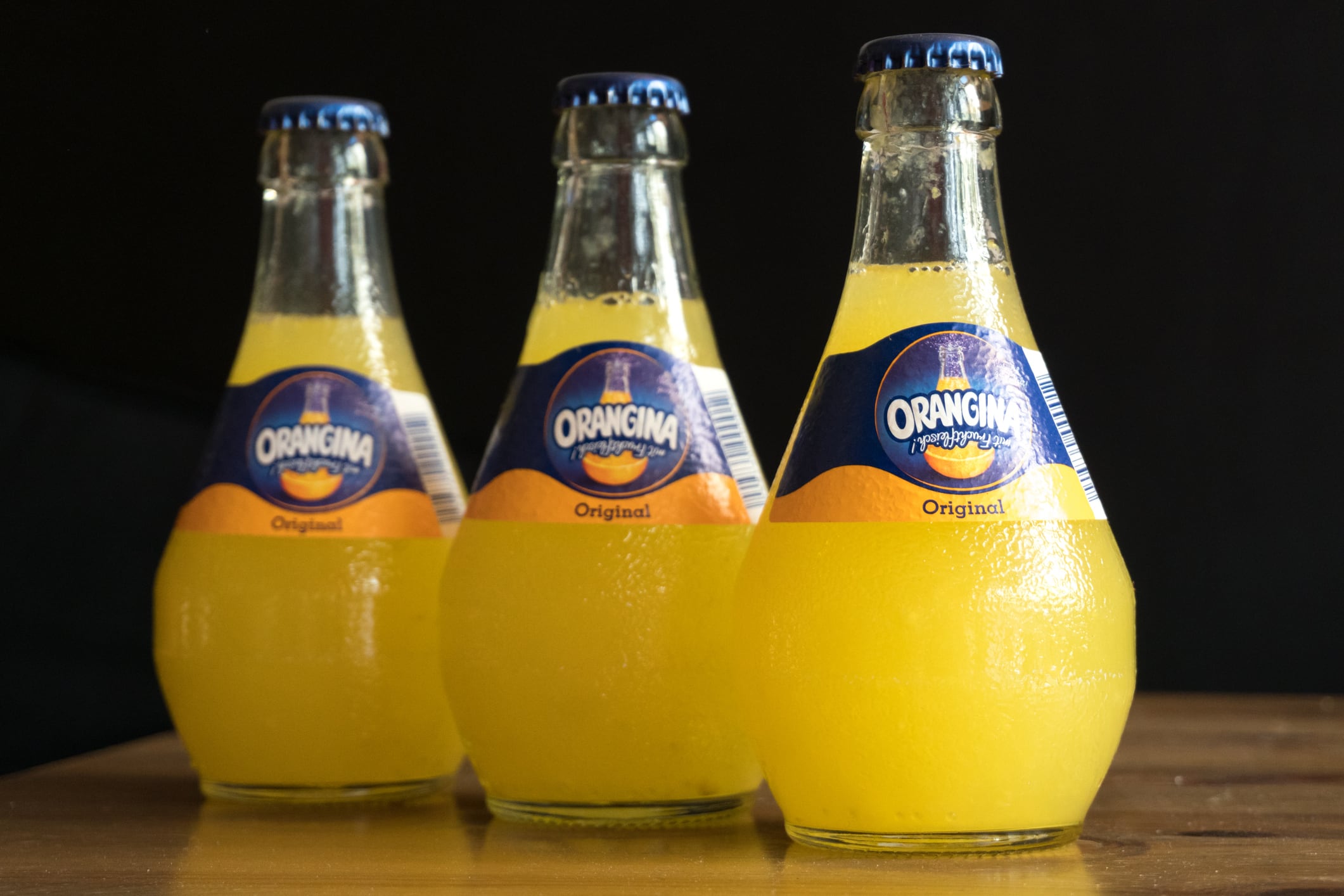Suntory CEO Takeshi Niinami Resigns: Key Summary
- Takeshi Niinami resigned as Chairman and CEO of Suntory Holdings amid a police investigation into illegal drug purchases
- The investigation involves supplements allegedly containing THC
- Suntory conducted an internal hearing via an external attorney
- The company stated that Niinami’s actions make him unfit for leadership regardless of the investigation’s outcome.
- Suntory has distanced itself from Niinami to protect its brand reputation.
- Niinami’s fall has shocked corporate Japan, given his high-profile status as a former economic advisor and international business figure.
Takeshi Niinami, the Chairman and CEO of Suntory Holdings (Suntory), one of Japan’s oldest and most well-known food and beverage brands, has resigned amid an ongoing investigation into illegal drug purchases.
According to a formal statement from Suntory, Niinami had informed the company about a police investigation into the drug misconduct last month, and had offered his resignation over ‘personal reasons’, which was accepted on September 1.
“Suntory has recognised this to be an extremely serious matter from a governance perspective,” Suntory president Nobuhiro Torii stated at an emergency news conference held after the resignation was made public.
“A hearing was immediately conducted with Niinami via an outside attorney, during which he explained that the investigation was being conducted about several supplements, which he had allegedly purchased with the understanding that they were legal.”
Additional information on the investigation indicated that the supplements were suspected to contain THC (an active ingredient found in cannabis) and that investigators believe Niinami imported these from the United States, according to local Japanese broadcaster Nippon TV.
Suntory has moved to preserve brand reputation by distancing itself from Niinami, despite the investigation still being underway.
“We believe that a decision should be left to the discretion of the authorities [but] as top management of Suntory Holdings, it goes without saying that one must not violate laws and regulations, and it is essential to exercise due care when purchasing any such products,” the firm said via a separate statement.
“Therefore, without awaiting the results of the investigation, we have determined that Niinami’s actions showed a lack of awareness regarding supplements, and make him unfit for the important position of Chairman and CEO of our company.”
Suntory president Nobuhiro Torii and executive vice-president Kenji Yamada bowed and apologised at the press conference, and the company further emphasised that the supplements Niinami purchased were not Suntory products.
Shockwaves for Japan
Niinami’s resignation, and indeed his involvement in a scandal of this scale, has sent major shockwaves through Japan, not just within the food and beverage sector but through corporate Japan in general.
He is well-known as a business leader in the country and had served as economic advisor to more than one prime minister previously, as well as being a face for Japanese business on the international stage, partly due to English proficiency thanks to a German citizenship and Harvard education.
Niinami has appeared on CNBC multiple times, with his most recent appearance in July 2025 discussing how the shift of younger alcohol consumers from high-alcoholic beverages to lower-alcohol and zero-alcohol drinks is likely permanent.


